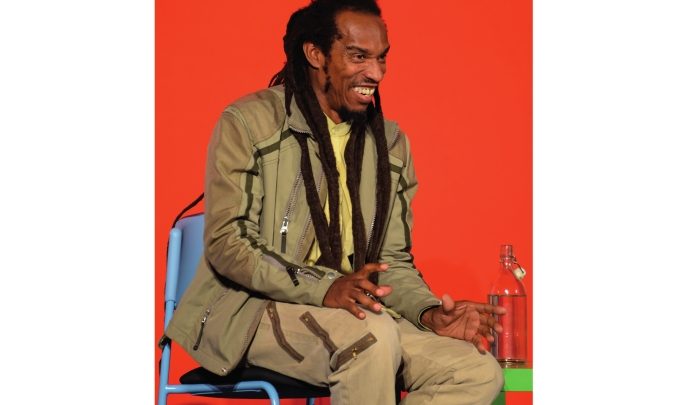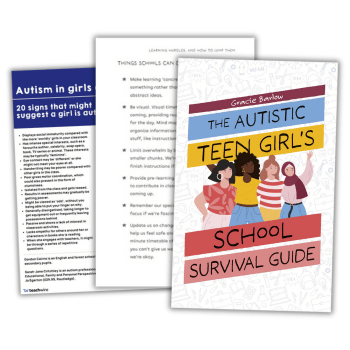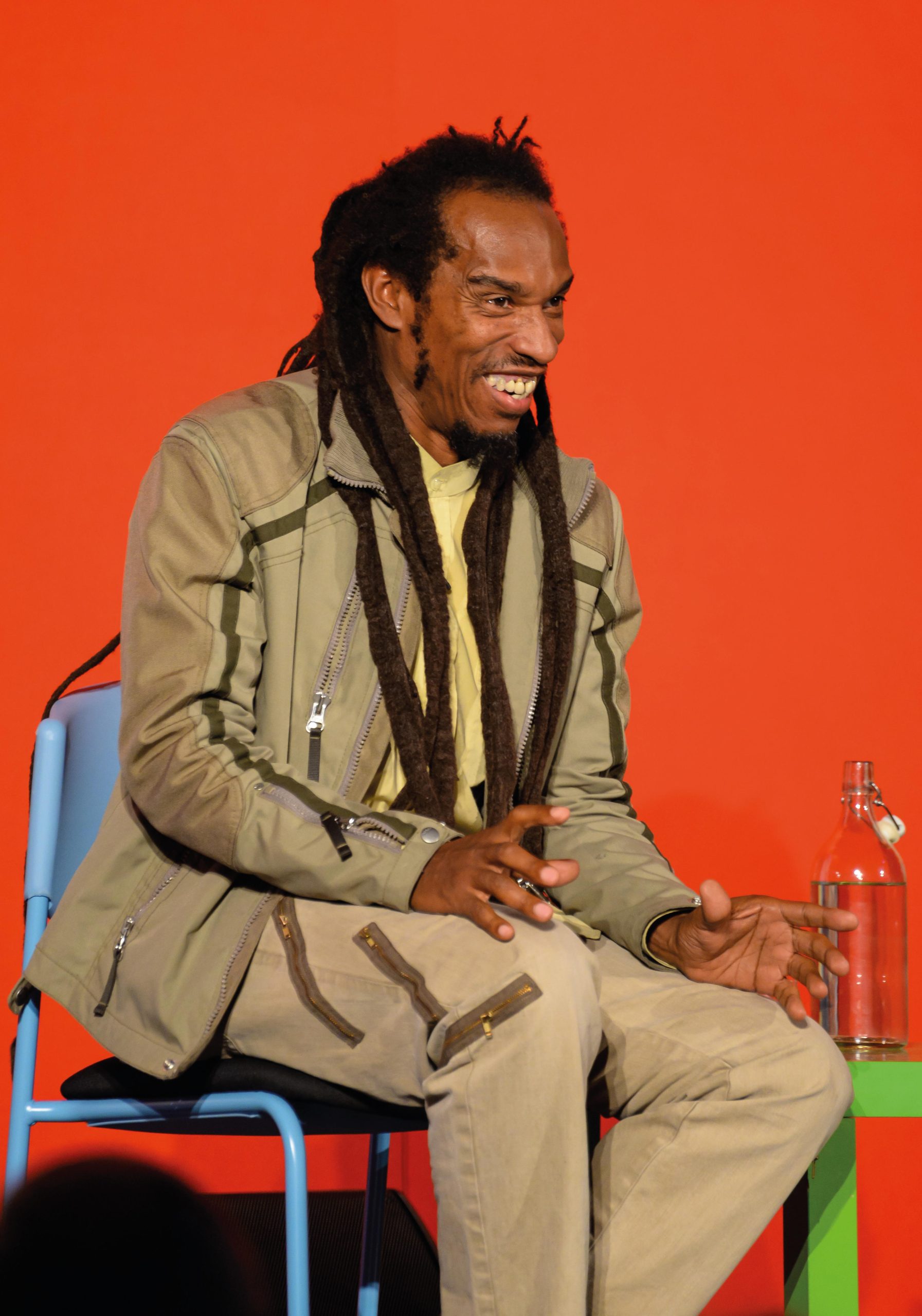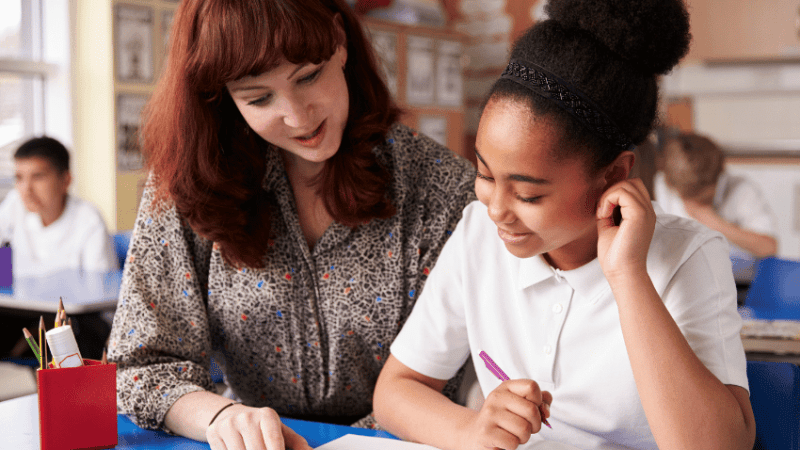Benjamin Zephaniah – “Dyslexia Is A Weird Word”

Benjamin Zephaniah struggled with literacy, was thrown out of a succession of schools, and had run-ins with the police – but he never, ever, thought he was stupid

In many ways being dyslexic is a natural way to be. If you look at a pictorial language like Chinese, you can see the word for a woman because the character looks like a woman. The word for a house looks like a house. Early languages were like that. It is a strange step to go from that to a squiggle that represents a sound, which is how we read and write here.
I think having dyslexia can make you creative. If you want to construct a sentence and can’t find the word you are searching for, you have to think of a way to write around it.That’s the way architects work.
They see a problem – maybe a building has to be taller or has to keep the light out – and find a way to deal with it. In fact I’ve come to the conclusion that dyslexia is the human race’s default position. I presume everyone’s dyslexic and wait for people to tell me they’re not!
Dyslexia is a weird word for the inability to spell and read. When someone first told me I had dyslexia it sounded as if they were saying I had some kind of disease. This happened when I was 21 when I went to an adult education class in London to learn to read and write. As I started to learn the teacher said, ‘You are dyslexic’, and I was like, ‘Do I need an operation?’ She explained to me what it meant and I suddenly thought, ‘Ah, I get it. I thought I was going crazy.’ Having a word for it was great.
I’m of the generation where you went to school and teachers didn’t know what dyslexia was. They weren’t trained to know about it. The big problem with the education system then was that there was no compassion, no understanding and no humanity. There was no consideration for people who were different.
I don’t look back and feel angry with the teachers. The ones who wanted to be creative and have an individual approach to their students weren’t allowed to anyway. The idea of being kind and thoughtful and listening to problems just wasn’t done. The past is a different kind of country, really.
Inner awareness
I got thrown out of a lot of schools, the last one at 14. But I never thought I was stupid. I didn’t have that struggle. In class they would call me stupid but inside I knew I wasn’t. There were no role models to inspire me; it was just something I knew.
I remember this teacher implying I was a bit dumb and my life would go nowhere – and I was already being paid £100 a night for a poetry gig. I thought, ‘You’re supposed to be teaching me this English language and I’ve got it and run with it.’ It was ironic.
When I was really coming up as a writer I had to write things down; I didn’t know I was dyslexic, so I didn’t know there was anything to fight againt. I wrote a lot of my poems phonetically: ‘wid luv’ for ‘with love’ – but people thought it was a deliberate choice, not because that’s the only way I could get the words down on paper.
I was very self-motivated and became very ‘successful’ and then doors opened for me. I wrote more poetry, novels for teenagers, plays, other books and recorded music. I have 17 honorary doctorates! I take poetry to people who do not read poetry.
When Brunel University offered me the job of Professor of Poetry and Creative Writing I spent a year thinking about it, making sure it was for me and that I could see a purpose in it. I knew my students would be officially more educated than me and probably better read. I am here because of my experience. I tell my students, ‘You can do this course and get the right grade because you have a good memory – but if you don’t have passion, creativity, individuality, there’s no point.’
When kids come up to me and say, ‘Can I take your photograph? I’m dyslexic too’, which happens all the time, I tell them, ‘We are the creative people. Use it to your advantage. Us dyslexic people, we’ve got it going on – we are the architects. We are the designers.’ It’s like they are proud of me and if that helps them, that is great. I didn’t have that. I always say to them, ‘Bloody non-dyslexics… who do they think they are?’
Benjamin Zephaniah is a poet, writer, lyricist and musician. This article was adapted from his contribution to Creative, Successful, Dyslexic – 23 high achievers share their stories, by Margaret Rooke (Jessica Kingsley Publishers, £8.99). Browse more resources for Dyslexia Awareness Week.











